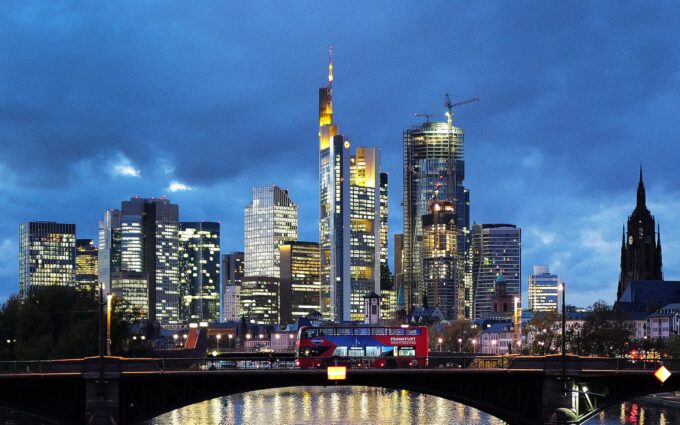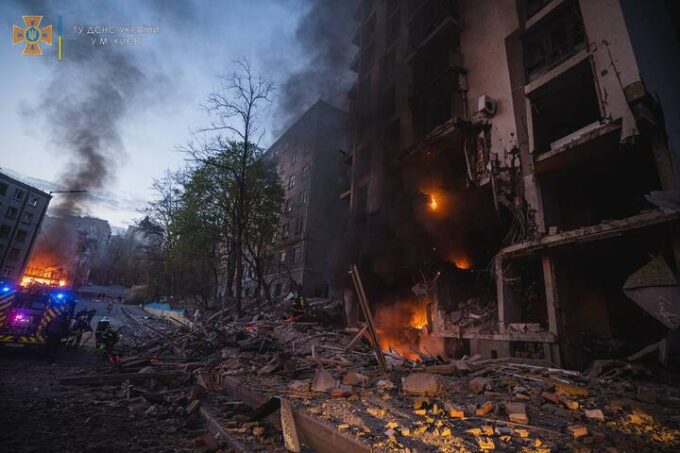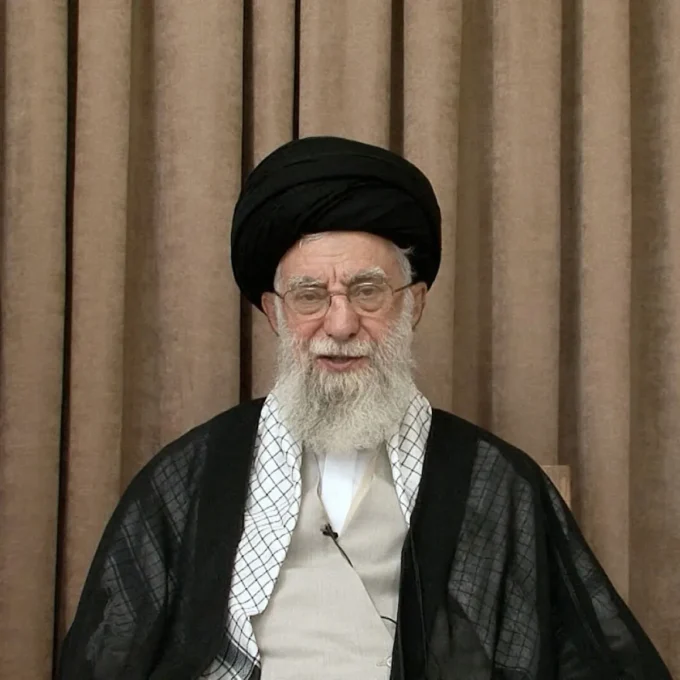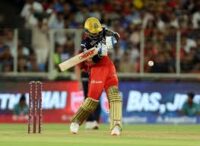Kenya’s political crisis has deepened after President William Ruto publicly ordered police to shoot protesters in the legs to incapacitate, not kill, those targeting businesses during ongoing anti-government demonstrations. The controversial directive, given during a national address, has drawn widespread condemnation from human rights organizations and the United Nations, who accuse the government of escalating violence against its own citizens.
The protests sparked by mounting frustration over economic hardship, rising taxes, and widespread youth unemployment have already left 31 people dead, over 100 injured, and more than 532 arrested, according to the Kenya National Commission on Human Rights (KNCHR). Among the victims was a 12-year-old schoolboy struck by a stray bullet while at home in Kiambu County. The Kenyan police, however, maintain that the official death toll stands at 11.
President Ruto’s comments came as he defended security forces’ use of live ammunition and harsh crackdowns during demonstrations held in 17 of Kenya’s 47 counties on Monday, July 8, which had been organized to mark Kenya’s decades-long fight for democracy. The demonstrators, many of them youth-led and organized under the Gen-Z banner, chanted slogans like “Ruto must go” and “one term,” a call for the president not to seek re-election in 2027.
Speaking firmly, Ruto warned those sponsoring the protests that any attack on police officers would be considered a “declaration of war” against the state. He declared, “Kenya will not be ruled through threats, terror, or chaos. Not under my watch.” He insisted that any government change must occur through the ballot box, not the streets, and accused his political rivals of using unconstitutional means to remove him from office.
The United Nations High Commissioner for Human Rights, through spokesperson Ravina Shamdasani, condemned the police’s use of “lethal ammunition, rubber bullets, tear gas, and water cannons” on unarmed protesters, noting with concern that Monday’s killings come barely two weeks after 15 more demonstrators were reported dead during protests on June 25.
In response to the growing crisis, religious and civil rights organizations are demanding an independent and transparent investigation into the deaths, injuries, looting, and arbitrary arrests. Opposition leaders have accused the government of deploying unmarked vehicles to transport armed gangs to opposition strongholds to incite violence and intimidate protesters. They have called for a nationwide boycott of businesses affiliated with the Ruto administration.
“This regime is hostile. It cannot be reasoned with. It must be resisted. We will not rest. We will not retreat. We will not surrender,” the opposition declared in a joint statement.
Meanwhile, Chief Justice Martha Koome issued a warning about the deteriorating state of democracy in Kenya, cautioning that the escalating violence could irreparably damage the country’s democratic institutions.
President Ruto acknowledged the nation’s severe youth unemployment crisis, noting that the problem predates his administration. However, critics argue that his economic policies, including tax hikes and reduced subsidies, have exacerbated hardship for ordinary Kenyans.
As protests rage on and international pressure mounts, Kenya faces a crucial test of leadership, accountability, and democratic resilience. The president’s controversial stance, coupled with rising death tolls and economic instability, could shape the country’s political landscape and global standing in the months ahead.














Leave a comment